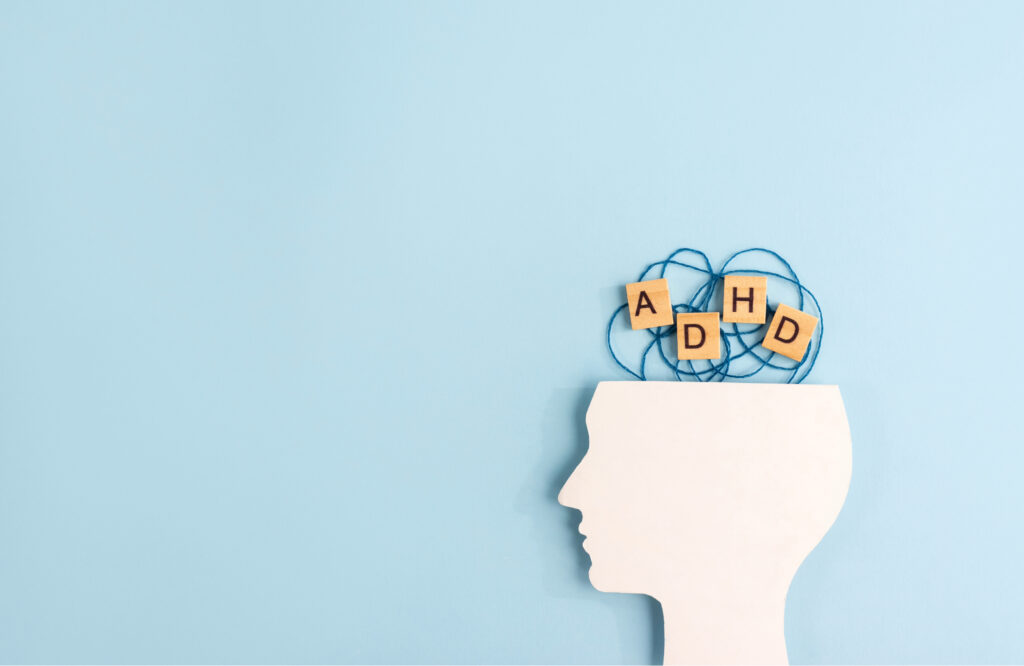Living with ADHD, particularly the inattentive type, can be a complex and often misunderstood experience, especially when combined with high intelligence or giftedness. The juxtaposition of having a sharp mind yet struggling with focus and organization presents unique challenges. But within these challenges lie opportunities for growth, self-compassion, and acceptance. This article aims to shed light on the heartfelt journey of living with gifted inattentive ADHD and to offer support and encouragement for those navigating this path.
Understanding Gifted Inattentive ADHD
ADHD, or Attention-Deficit/Hyperactivity Disorder, is often characterized by difficulty with focus, organization, and impulsivity. The inattentive type specifically relates to challenges with sustaining attention and following through on tasks. When coupled with giftedness, individuals may experience:
- Intellectual Curiosity: An innate ability to understand complex concepts and think creatively, which can sometimes make the inattentive symptoms more pronounced, as their minds may wander into fascinating new ideas or interests.
- Heightened Sensitivity: A deep emotional awareness and sensitivity that can intensify feelings of frustration or inadequacy when faced with organizational or attentional challenges.
- Perceived Discrepancy: The disconnect between high intellectual ability and struggles with focus or organization can lead to self-doubt or external misunderstandings.
The Emotional Landscape
Living with gifted inattentive ADHD can involve a range of emotional experiences:
- Frustration: The frustration of not meeting one’s own high expectations or struggling to keep up with tasks can be overwhelming. It’s common to feel like you’re falling short despite your abilities.
- Isolation: The feeling of being misunderstood or not fully seen for who you are can lead to a sense of isolation. People may not always understand why someone who is intellectually gifted still faces challenges with attention and organization.
- Self-Doubt: The disconnect between your intellectual potential and your day-to-day functioning can breed self-doubt. You might question why you struggle with tasks that seem simple to others or wonder if you’re living up to your potential.
Strategies for Embracing the Journey
- Self-Compassion and Acceptance
- Embrace Your Unique Journey: Recognize that ADHD and giftedness are part of who you are. Embracing your unique strengths and challenges can help you navigate your path with greater acceptance and less self-judgment.
- Practice Self-Compassion: Be gentle with yourself. Understand that it’s okay to have areas where you struggle, even if you excel in others. Self-compassion can alleviate some of the harsh self-criticism and help you find peace with your experiences.
- Create a Personalized Approach
- Tailor Your Environment: Create an environment that caters to your needs. This might involve using organizational tools, setting up reminders, or breaking tasks into manageable steps.
- Leverage Your Strengths: Utilize your intellectual strengths to create systems that work for you. For example, if you’re a visual thinker, try using diagrams or color-coded lists to keep track of tasks.
- Build Supportive Structures
- Seek Professional Help: Engage with therapists or coaches who specialize in ADHD and giftedness. They can offer strategies and support tailored to your specific needs.
- Connect with Others: Find communities or support groups for individuals with ADHD and/or giftedness. Sharing experiences with others who understand your journey can provide validation and insight.
- Develop Coping Mechanisms
- Mindfulness and Stress Management: Practices such as mindfulness can help improve focus and reduce stress. Techniques like meditation, deep breathing, or yoga can be beneficial.
- Routine and Structure: Establishing routines and structures can help manage inattention. Consistent schedules, checklists, and time management tools can provide a framework to support your day-to-day activities.
- Celebrate Your Achievements
- Acknowledge Successes: Celebrate your achievements, no matter how small they may seem. Recognize and take pride in your accomplishments and progress.
- Focus on Growth: Rather than striving for perfection, focus on personal growth and improvement. Understand that every step forward is a victory in its own right.
Conclusion
Living with gifted inattentive ADHD is a journey of balancing extraordinary intellectual abilities with the challenges of focus and organization. It’s a path marked by unique struggles but also by remarkable strengths. Embracing self-compassion, creating supportive environments, and celebrating personal achievements can make a significant difference in navigating this journey. Remember, your giftedness is a powerful asset, and with the right strategies and support, you can find harmony and fulfillment in your everyday life. Your story is one of resilience, and within it lies the power to transform challenges into opportunities for growth and self-discovery.
Here are five websites that offer resources, strategies, and support for individuals with gifted inattentive ADHD:
- CHADD (Children and Adults with Attention-Deficit/Hyperactivity Disorder)
Offers resources and information about ADHD, including tips for managing inattentiveness and strategies tailored for gifted individuals. - ADDitude
Provides expert advice, practical strategies, and personal stories related to ADHD, including content specifically for gifted individuals. - National Resource Center on ADHD
A comprehensive resource for information on ADHD, including guidance for those who are both gifted and inattentive. - SENG (Supporting the Emotional Needs of the Gifted)
Focuses on the unique needs of gifted individuals, including those with ADHD, offering support and resources for emotional and educational needs. - Understood
Provides resources and tools for individuals with learning and attention issues, including ADHD, with a focus on practical strategies and support for parents and individuals.
